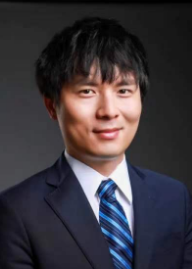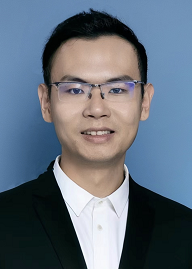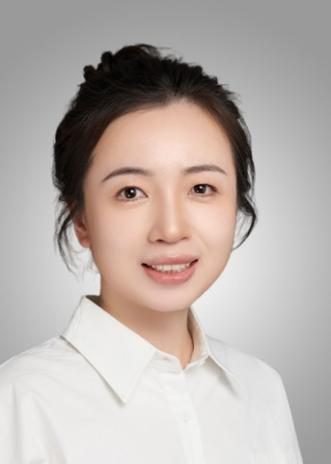On August 27, 2025, the National Natural Science Foundation of China (NSFC) announced the results of its 2025 project funding applications. Three proposals submitted by researchers from the Institute for Global Health and Development (GHD) at Peking University have been successfully awarded.
Dr. Shaoxiang Jiang received funding for a General Program project titled “The Dynamic Evolution of Intergenerational Family Support Networks and Pathways to Achieving Healthy Aging.”
Dr. Zhihan Cui was awarded a Young Scientists Fund (Category C) project for her research on “How Artificial Intelligence–Assisted Diagnosis and Treatment Shapes Patient Experience: Measurement, Mechanisms, and Evaluation.”
Dr. Shujun Lin also received a Young Scientists Fund (Category C) project with her study “Theoretical Mechanisms and Empirical Examination of How Changes in Healthy Life Expectancy Affect the Dynamic Evolution of Income Distribution.”

Jiang Shaoxiang, Ph.D. in economics, is currently a Research Assistant Professor at the Peking University Institute for Global Health and Development. He has working experience in National School of Development(NSD), PKU. He is interested in law and global health governance, health and development economics, environmental health, and rural household behavior survey.

Dr. Zhihan Cui graduated with a bachelor's degree from Peking University in 2015 and a Ph.D. degree in sustainable development from the School of International and Public Affairs at Columbia University in 2021. Before joining Peking University, he worked as a postdoctoral researcher in the Behavioral Decision Making division at the Anderson School of Management at the University of California, Los Angeles. His main research areas are health economics, behavioral economics and health psychology, with research interests mainly including health decision-making, health literacy and behavioral change, healthcare policies, and AI in healthcare and its governance. His research has been published in scientific, economic, or psychological journals such as Proceedings of National Academy of Science, Journal of Medical Internet Research, Health Psychology, Economic Letters, etc. He excels in combining interdisciplinary perspectives such as economics, psychology, and public health, with a focus on using randomized experimental methods to innovatively study biases in people's health behavior and decision-making, and explore effective improvement solutions. He will lead the NSFC Young Scientist Fund (Class C) Project in 2026-2028, titled "How Does AI-Assisted Diagnosis and Treatment Impact Patient Experience: Measurements, Mechanisms and Evaluation." He will also be a member of the group for the NSFC Key Project starting from 2026, titled "The General Equilibirum Analysis of the Chinese Medical System: Theoretical Modeling, Structural Estimation and Optimal Policy Exploration."

Dr. Shujun Lin, Research Assistant Professor, Institute for Global Health and Development, Peking University. She is interested in Health Economics, Macroeconomics, Labor Economics, and Nonparametric/Semiparametric Econometrics. Her research has been published in academic journals like the Economic Research Journal. She has participated in the Major Project of the National Social Science Fund of China and the Ministry of Education’s first batch of Chinese economics textbooks, “Macroeconomics in China”. She has served as a reviewer for the Economic Research Journal and other journals.